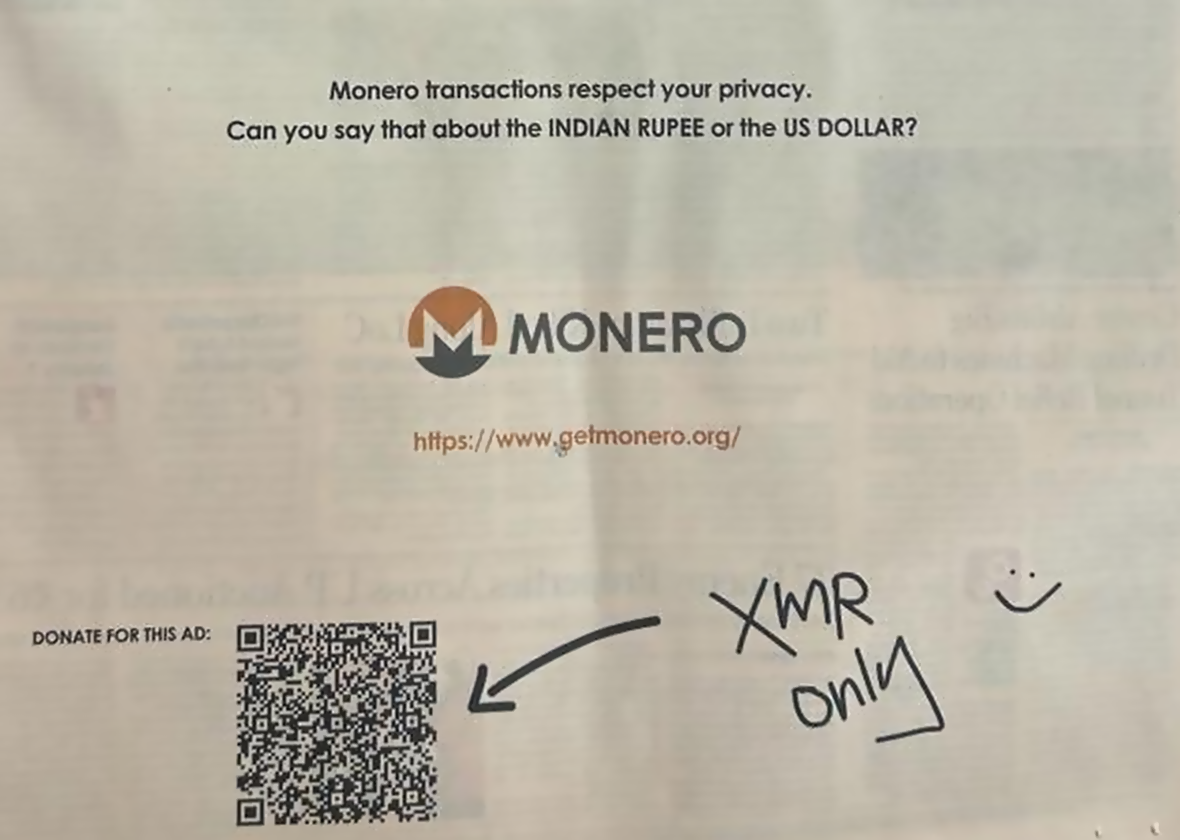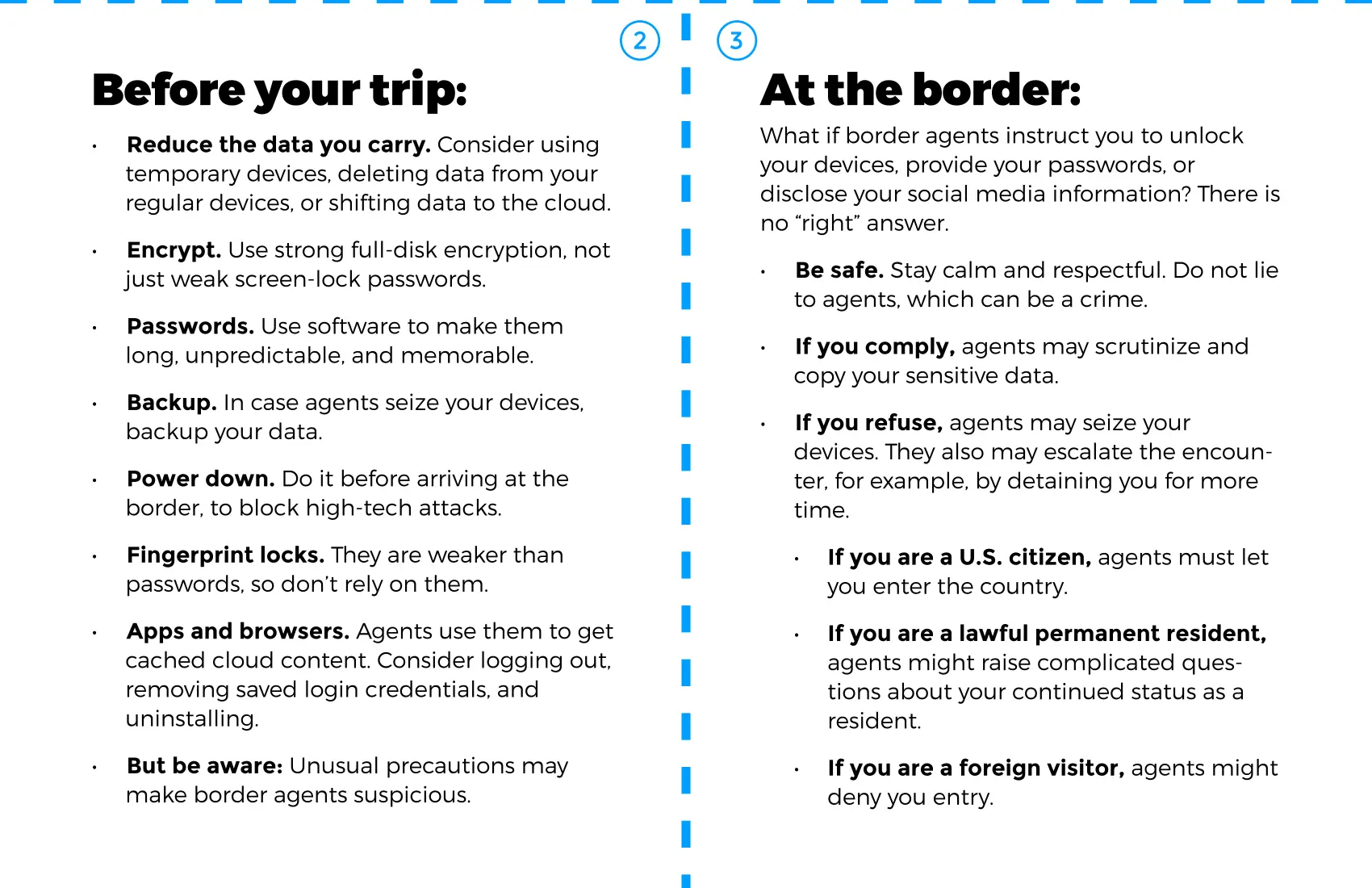EDIT: Don’t take this too seriously; do not actually send a donation (unless you really want to, like admiring “Nice photoshopping!” “Thanks for the fun pic”). While it’s entertaining and thought-provoking, using their work this way is ethically questionable too. As @z0rg0n pointed out, one could even see this as a scam. Although it’s a fine work and freedom of expression is more important, this may more properly belong to “Memes”.
EDIT2: This post and “cool if real” by @alphonse https://monero.town/post/1122495 were created almost at the same time. That was a coincidental post conflict; @alphonse’s post was actually earlier by about 1 hour!
Is someone crowdfunding a Monero ad in India’s economic newspaper?
Interestingly, a Monero ad could be circulating in India’s traditional English newspaper: The Economic Times. The pseudonymous Stoic, author of “The Monero Standard,” shared a picture of the newspaper’s November 16th edition. In the picture, it is possible to see the paper’s opened front page with a large ad about XMR.
“Monero transactions respect your privacy. Can you say that about the INDIAN RUPEE or the U.S. DOLLAR?”
Moreover, the image also includes a QR-Code for donations in “XMR only,” which suggests its owner is expecting to crowdfund what was spent for this supposed insertion.






Or possibly Israel will be? Or China. Paying/Having cash may become illegal eventually.